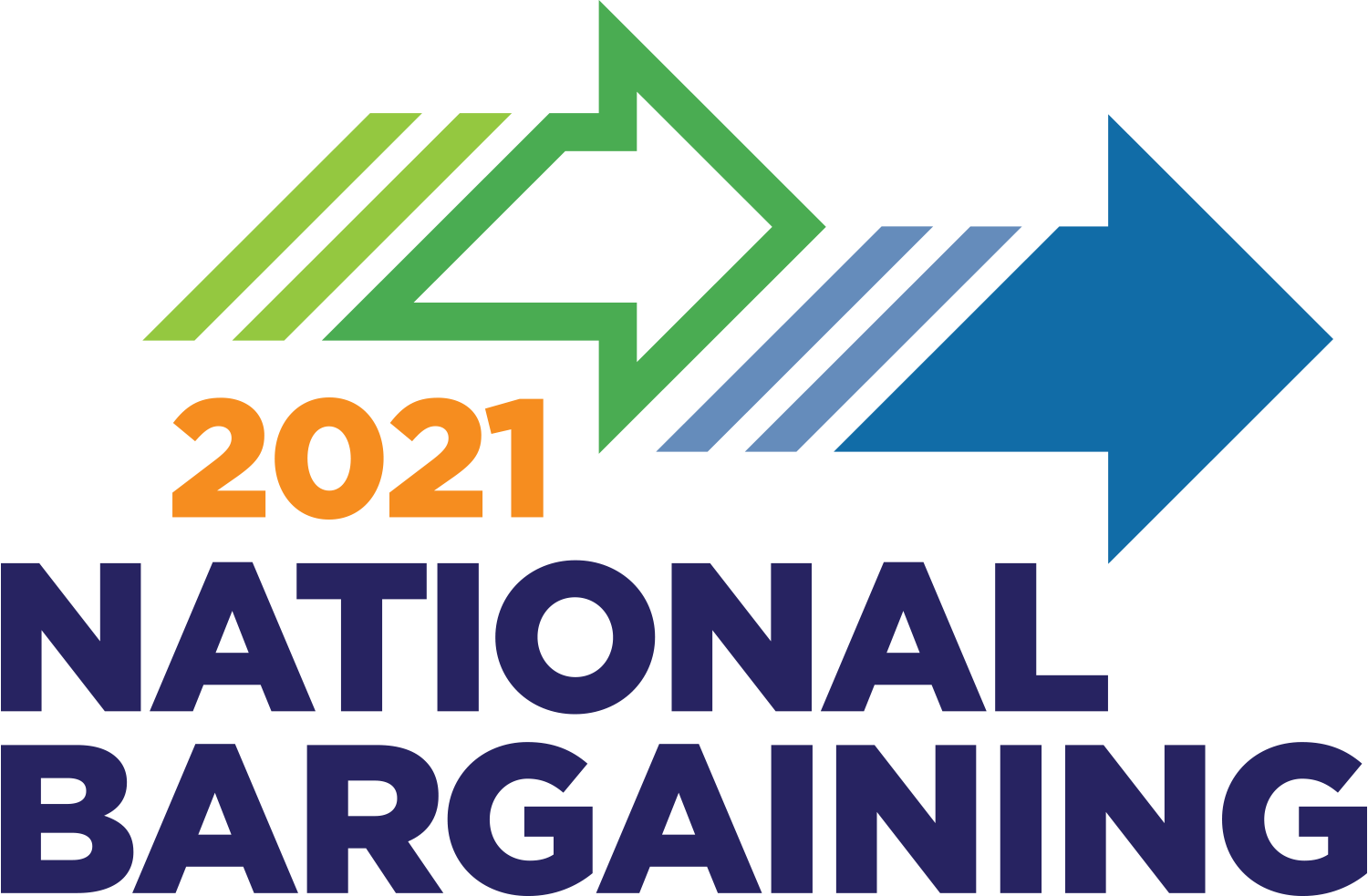This 2014 agreement lays out measures to train and protect caregivers treating Ebola patients.
Agreement Between the Coalition of Kaiser Permanente Unions and Kaiser Permanente
December 15, 2015
1. As both Kaiser Permanente and the Coalition of Kaiser Permanente Unions agree, the threat and fear around caring for a patient with Ebola is a fact that must be addressed. The parties believe that by remaining calm and educating our employees/members, we can work together to ensure that the employees are prepared through knowledge and trai ning to care for an Ebola patient. The Employer and the Union are committed to work together to effectively implement CDC guidelines related to Ebola. In the event the guidelines change, the parties will meet, review and bargain the effect of said changes. In addition, the parties will develop joint communications for all employees and when Kaiser Permanente's national guideline is more protect ive than the CDC and Cal OSHA guidelines, Kaiser Permanente's national guidelines shall prevail. In no event will Kaiser Permanente's national guidelines be a lower standard than the CDC. In California, the receiving hospitals will meet Cal/OSHA regulations and guidelines, including Interim Guidance on Ebola Virus in Inpatient Hospital Settings and the Aerosol Transmissible Diseases Standard. In addition, facilities must follow applicable OSHA or local public health requirements.
2. In reference to number 1 above, the Employer will ensure sufficient levels of all required PPE in the ambulatory setting, Emergency Department and Inpatient settings. All trained employees have the opportunity to regularly practice these skills with drills, simulat ions or other relevant activities.
3. All staff with the potential to interact with, care for, or do terminal cleaning/waste handling for suspected Ebola patients, or those with a positive diagnosis, shall receive paid time for the purpose of
a) education on Ebola to include but not limited to:
i) pathophysiology
ii) signs and symptoms
iii) care and treatment of the patient
iv) proper donning and doffing of PPE
v) simulation of actual care e.g. IV starts while donned, etc.
vi) proper disposal of body fluids and waste
vii) terminal cleaning of isolation rooms in the ambulatory, Emergency Department and Inpatient settings
viii) the appropriate duration of time in room or in PPE, per KP guidelines and CDC, Cal OSHA, and OSHA standards
ix) proper protocols for intake areas
b) such training shall be paid training time by the Em ployer with backfill for those in training
4. The CDC recommends that there are Ebola teams to care for patients. Ebola teams will be selected in alignment with National HR policy 043
a) volunteers first; in the event there are insufficient volunteers, then
b) team member selection shall be identified by the parties at the local level
5. In the event an employee is excluded from work or receives care as a result of occupational exposure to Ebola, the employee will receive Paid Administrative Time Off, and all medical costs will be covered through Employee Health and Workers' Compensation in accordance with HR Policy 042 Exposure to Ebola. In addition, if psychological support is needed , all employee costs shall be covered under Workers ' Compensation and/or the employee's health plan benefits in effect at the time of the injury. Paid Administrative Leave shall be considered time worked for purposes of benefits accrual.
6. In each region, joint communication plans will be put into place or continue, as appropriate.
7. In the event there is a dispute over the above, a designated CKPU Member Union Representative and the local Ebola KP site manager will convene a meeting within 24 hours to resolve the dispute within one meeting.
Download a PDF of the agreement with signatures.
